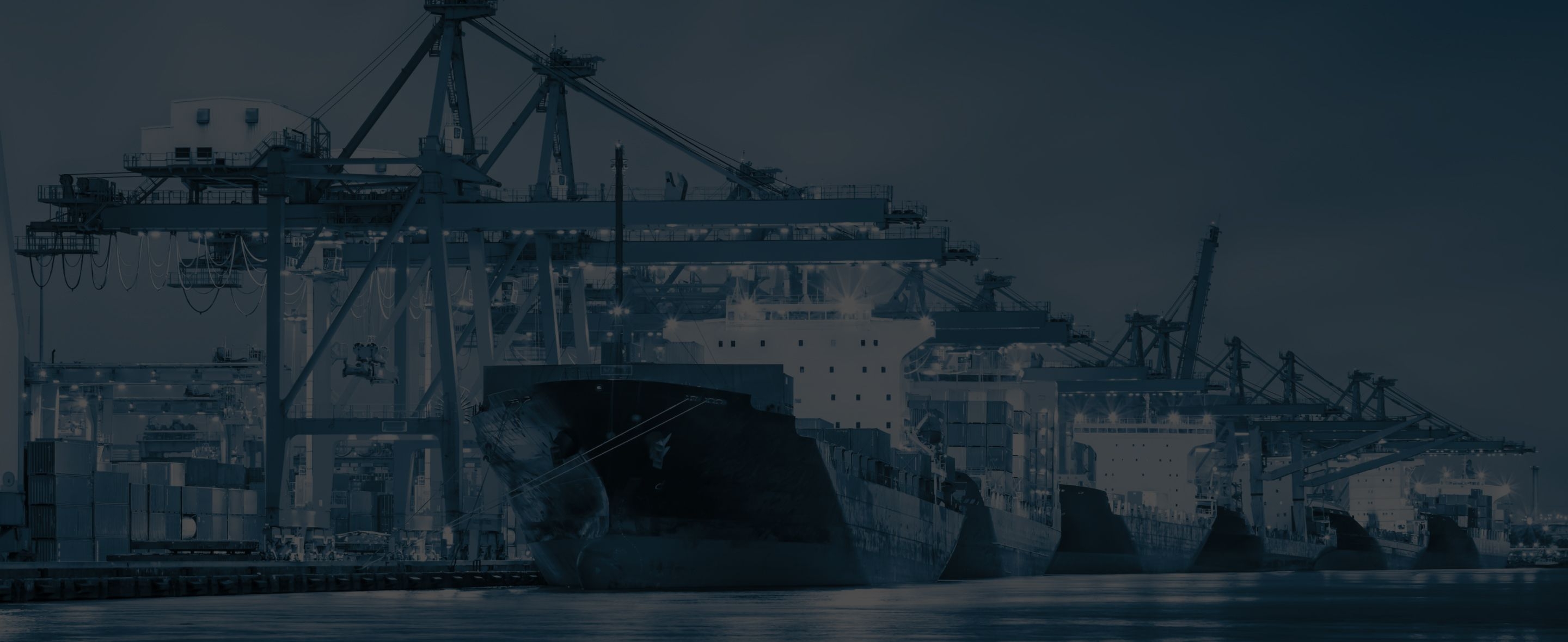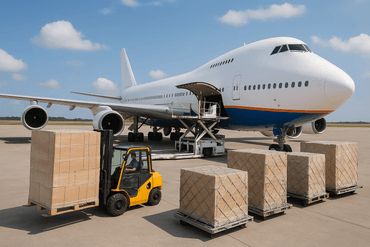
Philippines´ major exports and imports



The main trade partners of the Philippines include China, Japan, the United States, Singapore and Hong Kong. The Philippines is the world 36th largest economy and the thirteenth largest economy in Asia. This newly industrialized country is mainly dependent on agriculture, service and manufacturing for its GDP. With excellent trade route in the Pacific Ocean these are some of the country’s main exports and imports.
Philippines´ Main Exports
Coconut oil
In 2018, coconut oil from the Philippines dominated the export market with 1.2 million tones ahead of Indonesia’s 885,000 tonnes and India’s 390, 000 tonnes. The major customers for Philippine’s coconut oil are the United States and Europe which are projected to increased their demand causing the Suth Eastern nation to increase its supply by 2%.
According to the United Coconut Association of the Philippines they project the country will be able to export 970, 380 metric tones compared to last year’s 951, 353 metric tones despite the competition in the industry from vegetable oil. Over the last few years the country has been experiencing an increase in total CNO shipments year by year.
Petroleum Products
There was an increase on the value of exported petroleum from the Philippines from $654 million to $972 million in 2017 and this number has remained consistently high because of the global brisk demand for oil and fuel. In 2018, the oil volume that was exported was up by 1.4 percent with the demand for Philippine oil reaching 169 million barrels compared to 2017’s 166 million barrels.
By June of 2019 the production of crude oil from the country had reached 14.61 barrels per day and the oil production experienced a lot of fluctuation in the following months. In the Philippines the production of crude oil also includes the production of Shale oil, natural gas liquids but excludes the production of liquid fuels. The bulk of Philippines crude oil exports include gasoline, condensate, naphtha, propylene and fuel oil.
Electronic Products
The nation’s Department of Trade and Industry has identified electronic products as one of the Philippine’s key export commodities. Seeing as the sector grew by 11.6% from 2015 to 2019, the government s committed to providing comprehensive support to the industry to keep it current and relevant in the international market.
In 2015 the exportation of electronic products and semi conductors netted $2.3 billion in revenue for the Philippine government but by 2019, that figure was up to $2.6 billion. Electronic product imports account for 53% of the total export revenue for the government in 2016 and the figure has remained consistently high until 2019.
Philippines´ Main Imports
Refined Petroleum
The Philippines has been experiencing delays in petroleum exploration and this has created a massive over-reliance on imported refined oil. The decline in output of gas and oil is the driving force behind the Philippine’s 48% dependency on imported oil to drive the country’s economy and meet the domestic demand.
The situation is dire and the importation will only go up as the country’s existing oil reserves get depleted and their gas to power project at Malampaya begins to produce less and less by 2024. Philippines does have some prospective exploration blocks but these are within the waters of the South China seas and are under heavy dispute by the Chinese. The main refined oil import partners of the Philippines are the Russians and the Saudi Arabians.
Cars
he Philippines benefits from great trade relations with Japan which has resulted in a steady influx of used and new Japanese cars into their market. By 2017, more than a million private cars had been registered in the country and the numbers were growing year by year. In addition to the increase in the number of cars, the vehicle industry in the country has also experienced major sales boost over the years with the importation of cars into the nation.
In 2018, the number of units of vehicles sold in the Philippines was approximately 401.5 thousand units and the leading automotive company in the country was Toyota. Toyota currently has over 182 thousand units sold annually from 2017.
Office parts and integrated circuits
Office machine parts are the 11th most popularly traded commodities in the international market and Philippines sources sells her parts to the United States, China, Germany, Netherlands and Hong Kong. The office parts mainly exported from the Philippines include the typewriters, computers, cash register and ticketing and accounting machines. These are easily assembled in the country and shipped out to the international market for consumption within different industries.
The main competitors to the Philippines for this very popular category of imports products are Malaysia, South Korea, Thailand, China and Indonesia. Interestingly, China is both a competitor against the Philippines in exporting the parts but also a consumer of some of the components assembled in the Philippines.
Related Articles


